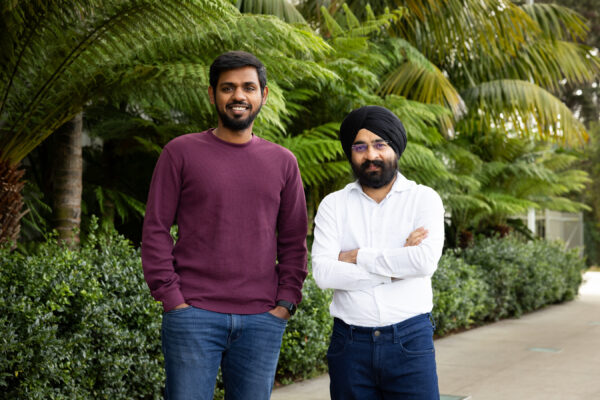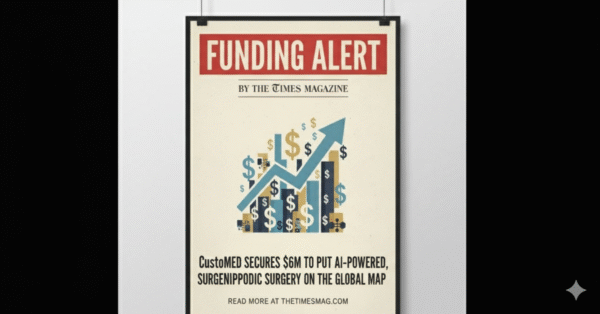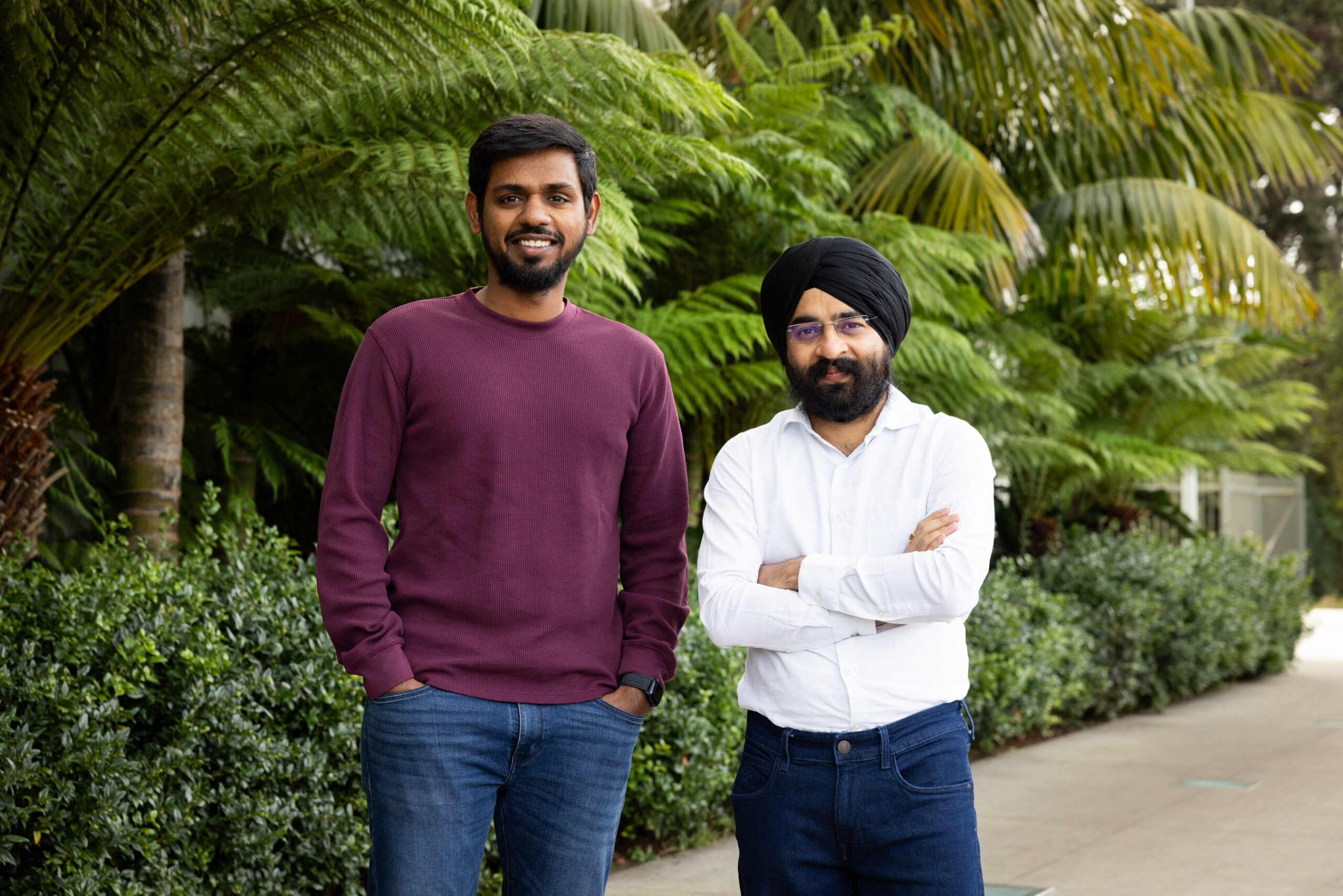When it comes to AI adoption in law, the stakes are rarely just about speed or automation — they’re about trust. Confidentiality is sacrosanct, and yet the allure of AI-driven productivity looms large. Into this paradox steps Syntracts, a Washington, D.C.-based startup that’s quietly building what it believes is the missing link: a secure, on-premises AI infrastructure that firms can actually trust.
This week, Syntracts announced a $5.3 million seed round to scale its product — a privacy-first, API-driven contract intelligence layer designed to operate entirely within the firewalls of law firms. The round was led by Boston-based Hyperplane, with participation from Khosla Ventures, Top Harvest Capital, Fortitude Ventures, and returning investors Myriad Venture Partners and Point72 Ventures.
Rather than introduce yet another application into already crowded legal tech stacks, Syntracts is positioning itself as an infrastructure layer: an API platform that allows firms to ingest unstructured contract documents, turn them into structured and searchable data, and pipe those insights back into existing dashboards, AI assistants, or knowledge management systems — all while ensuring no data leaves the firm’s own environment.
“Our mission is simple: enable law firms to use AI that’s both private and verifiable,” said Doug Bemis, co-founder of Syntracts and former CTO at Uber AI Labs. “Firms don’t need another app — they need a secure data layer that powers their existing AI with clean, structured knowledge from their own contracts.”
That focus on enabling — not replacing — existing workflows is key to Syntracts’ thesis. The platform integrates with document systems already in place at most law firms, such as iManage, NetDocs, or SharePoint. It then builds firm-specific structured data that can feed directly into current tools, whether for legal research, compliance, or deal intelligence.
Unlike many legal AI offerings built on general-purpose LLMs hosted in the cloud, Syntracts runs fully on-premises. Its AI models are fine-tuned using synthetic legal data derived from each client’s own documents — a process that ensures the resulting intelligence is contextual, accurate, and auditable. “We’re building the secure AI backbone for the legal industry,” said co-founder Christopher Martin. “One that helps firms unlock the full value of their data safely and at scale.”
The product has already gained validation from the industry’s more demanding quarters. Syntracts was recently selected to join A&O Shearman’s Fuse innovation incubator, and it has secured multi-year partnerships with top-tier AmLaw 25 firms following competitive evaluations.
John Murphy, managing partner at Hyperplane, sees Syntracts’ approach as the right answer to AI’s biggest problem in law: trust. “What excites us about Syntracts is their use of small, specialized language models trained on proprietary synthetic data,” Murphy said. “The platform integrates seamlessly into existing workflows and delivers unrivaled accuracy, transparency, and privacy.”
Chris Fisher, managing partner at Myriad Venture Partners, notes how Syntracts goes beyond term extraction to understand deal structure. “First-generation legal AI tools could read contracts, but they couldn’t understand them,” he said. “Syntracts captures not just terms, but the relationships between them — delivering true deal intelligence. And they’re doing it entirely on-premise, which is the only viable path for handling confidential transaction data.”
A Missing Layer in Legal AI
The challenge Syntracts is addressing is not unique to law — nearly every regulated industry grapples with the same tension between adopting generative AI and maintaining control over sensitive data. But in law, the risk is magnified: a single breach, hallucination, or misinterpreted clause can carry consequences worth millions.
By sidestepping cloud LLMs and brittle prompt engineering in favor of structured, private, firm-specific intelligence, Syntracts is betting on a model where firms don’t hand over their data, but instead learn how to work with it better.
In doing so, the company aligns more closely with enterprise infrastructure players than with other legal tech upstarts. It’s not a matter of competing with legacy systems — it’s about making those systems smarter. And that’s a compelling proposition in a market where change is slow, but pressure to adopt AI is fast and unrelenting.
The real opportunity here may lie in Syntracts’ ability to become invisible: a foundational layer that enables other legal AI products to perform better, more securely, and more contextually. If successful, it may define a new standard for how regulated industries approach AI — not with more bells and whistles, but with stronger plumbing.
If you need further assistance or have any corrections, please reach out to editor@thetimesmag.com.











